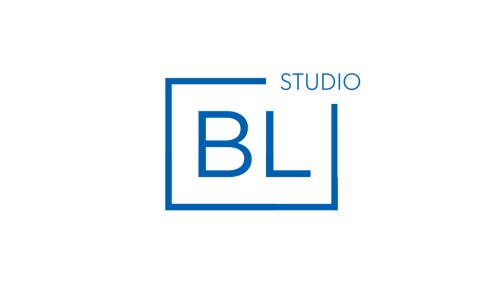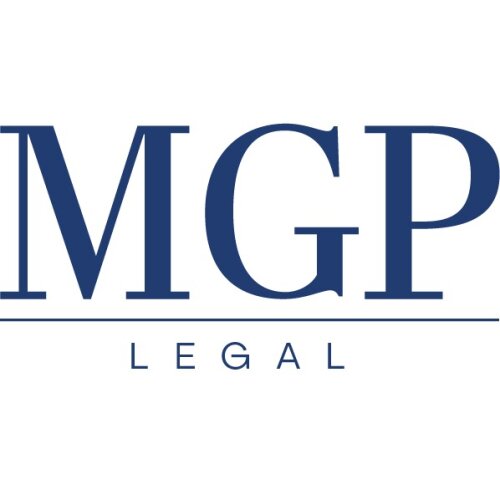Best Gaming Lawyers in Florence
Share your needs with us, get contacted by law firms.
Free. Takes 2 min.
List of the best lawyers in Florence, Italy
About Gaming Law in Florence, Italy
Gaming in Florence, Italy, is regulated by various laws and regulations to ensure fair play, prevent fraud, and protect consumers. It covers a wide range of activities, including gambling, online gaming, and esports. Understanding the legal framework is crucial for both players and industry stakeholders.
Why You May Need a Lawyer
There are several situations where you may need legal advice in Gaming in Florence, Italy. This includes disputes with gaming operators, licensing issues, regulatory compliance, intellectual property rights, and contract disputes. A lawyer can help you navigate the complex legal landscape and protect your rights.
Local Laws Overview
In Florence, Italy, gaming activities are regulated by the Autonomous Province of Florence. The key laws that govern gaming include the Gaming Act, which sets out the rules for operating gaming establishments, and the Consumer Protection Code, which protects consumers from unfair practices. It is important to comply with these laws to avoid legal consequences.
Frequently Asked Questions
1. Is online gambling legal in Florence, Italy?
Online gambling is legal in Florence, Italy, but operators must obtain a license from the local authorities to operate legally.
2. Can I participate in esports tournaments in Florence, Italy?
Yes, esports tournaments are popular in Florence, Italy, and are regulated under the same laws as traditional gaming activities.
3. What are the age restrictions for gaming in Florence, Italy?
The legal age for participating in gaming activities in Florence, Italy, is 18 years old.
4. Are there any restrictions on advertising gaming services in Florence, Italy?
Yes, there are strict regulations on advertising gaming services in Florence, Italy to protect consumers, especially minors, from harmful messages.
5. What should I do if I have a dispute with a gaming operator?
If you have a dispute with a gaming operator in Florence, Italy, you may need legal assistance to resolve the issue through negotiation or legal action.
6. How can I obtain a gaming license in Florence, Italy?
To obtain a gaming license in Florence, Italy, you must meet the requirements set out in the Gaming Act and submit an application to the local gaming authority.
7. What are the consequences of operating an unlicensed gaming establishment in Florence, Italy?
Operating an unlicensed gaming establishment in Florence, Italy is illegal and can result in heavy fines, closure of the establishment, and other legal consequences.
8. Are there any tax implications for gaming winnings in Florence, Italy?
Yes, gaming winnings in Florence, Italy are subject to taxation, and you may need to report them to the tax authorities.
9. Can I transfer my gaming license to another party in Florence, Italy?
Transferring a gaming license to another party in Florence, Italy is possible under certain conditions and with the approval of the local gaming authority.
10. How can I protect my intellectual property rights in the gaming industry in Florence, Italy?
To protect your intellectual property rights in the gaming industry in Florence, Italy, you may need to register trademarks, copyrights, and patents as needed.
Additional Resources
For more information on gaming law in Florence, Italy, you can refer to the Autonomous Province of Florence's website, the Gaming Authority, or consult with a local legal firm specializing in gaming law.
Next Steps
If you require legal assistance in Gaming in Florence, Italy, it is recommended to contact a qualified lawyer with experience in gaming law to discuss your specific situation and explore your legal options.
Lawzana helps you find the best lawyers and law firms in Florence through a curated and pre-screened list of qualified legal professionals. Our platform offers rankings and detailed profiles of attorneys and law firms, allowing you to compare based on practice areas, including Gaming, experience, and client feedback.
Each profile includes a description of the firm's areas of practice, client reviews, team members and partners, year of establishment, spoken languages, office locations, contact information, social media presence, and any published articles or resources. Most firms on our platform speak English and are experienced in both local and international legal matters.
Get a quote from top-rated law firms in Florence, Italy — quickly, securely, and without unnecessary hassle.
Disclaimer:
The information provided on this page is for general informational purposes only and does not constitute legal advice. While we strive to ensure the accuracy and relevance of the content, legal information may change over time, and interpretations of the law can vary. You should always consult with a qualified legal professional for advice specific to your situation.
We disclaim all liability for actions taken or not taken based on the content of this page. If you believe any information is incorrect or outdated, please contact us, and we will review and update it where appropriate.











